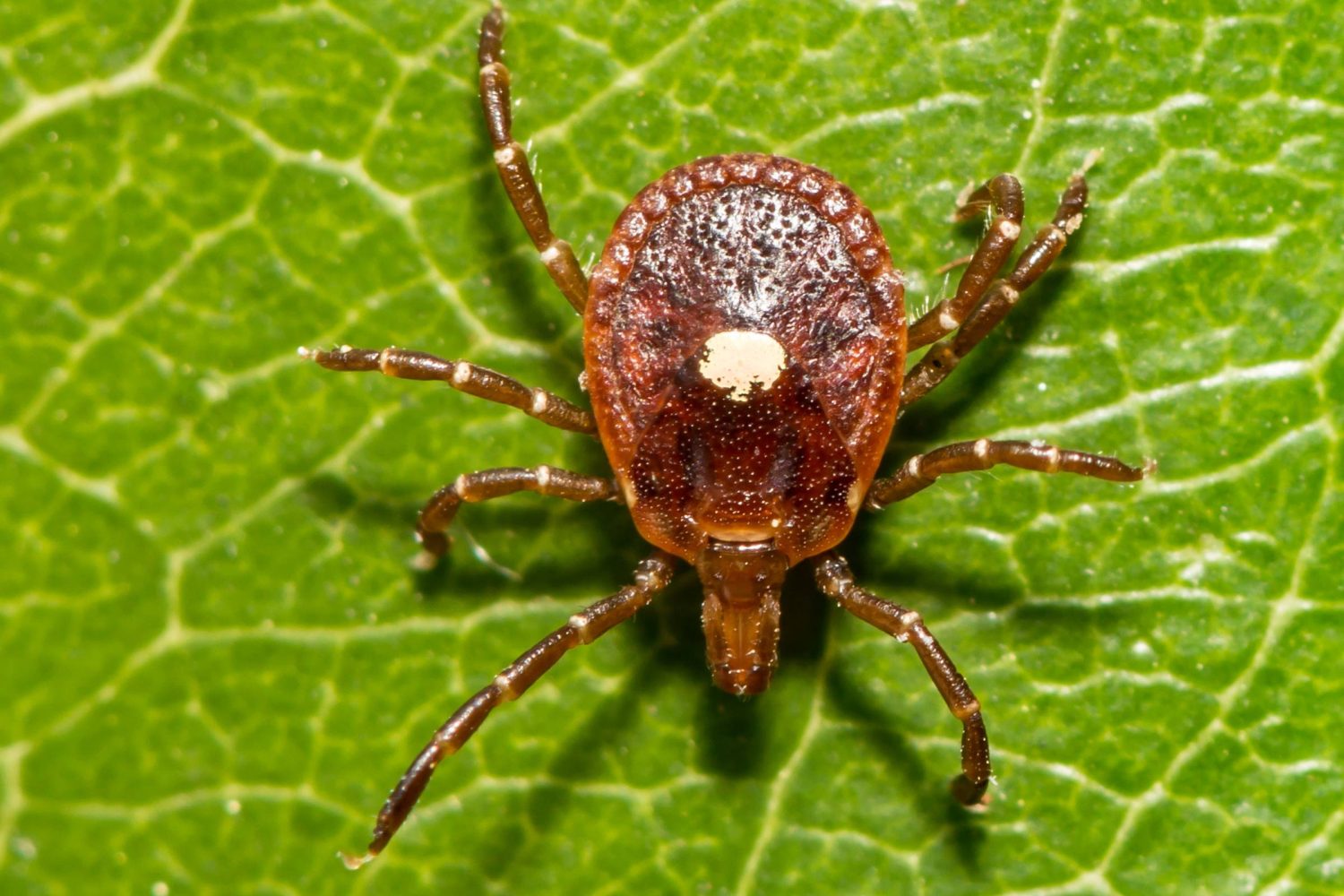Now Reading: Tick Bites Linked to Red Meat Allergy: What You Need to Know
-
01
Tick Bites Linked to Red Meat Allergy: What You Need to Know
Tick Bites Linked to Red Meat Allergy: What You Need to Know

Speedy Summary
- Alpha-gal syndrome is a red meat allergy caused by tick bites that introduce a sugar molecule (alpha-gal) into the bloodstream.
- Symptoms, which include hives, gastrointestinal issues, or anaphylaxis, can occur weeks or months after consuming mammalian meat like pork, beef, lamb, or dairy.
- Initially associated with the lone star tick (common in the southeastern U.S.), new research indicates blacklegged and western blacklegged ticks may also trigger the condition.
- Misdiagnoses are common due to delayed and varied symptoms; many healthcare providers are unfamiliar with alpha-gal syndrome.
- Prevention strategies include measures to avoid tick bites like wearing long sleeves and light-colored clothing during outdoor activities.
indian Opinion Analysis
While alpha-gal syndrome isn’t currently reported in India based on this article’s findings, its emergence highlights growing concerns around zoonotic diseases associated with wildlife-human interactions globally. For India especially-where many regions host rich biodiversity and high human-tick exposure risk-enhancing public health awareness about vector-borne illnesses is crucial for prevention.
Tick-borne diseases elsewhere have shown how preventive solutions like improved diagnostic protocols can mitigate patient suffering from misdiagnosis. India’s healthcare framework could adapt lessons from such conditions abroad to improve diagnostic accuracy in related scenarios domestically.
Population education on preventive measures could considerably reduce risk for hikers and farmers who are similarly exposed to ticks in forested territories across Indian states like Himachal Pradesh or areas of Western Ghats-a logical next step requiring investment both regionally & nationally toward eco-health integration systems.
























